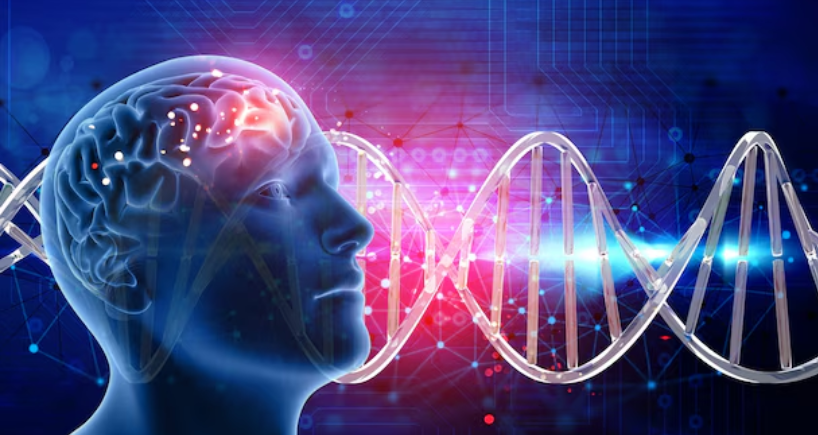
Breakthrough Discoveries in Genetic Research: Unlocking the Secrets of DNA and Heredity
As per the Global Cancer Observatory Statistical Report of 2022 (the latest available on World Health organization’s website), Nigeria reported 127 763 new cancer cases with the top 3 cancers being Breast, Prostate and Cervix uteri. The mortality rate to cancer was 74.6%. And the more alarming figure is the predicted cancer estimate to rise by a whooping 106% by 2045. This situation is alarming. However, not unsalvageable.
Cancer, as we all know happens when one cell in the body becomes rogue, and decides to continually divide and spread to places where it should not be. However, the question here is why does it happen? Is it to do with the food that we eat, the radiation, pollution or environmental insults. The answer here is partly YES. The main crux is then why don’t all those who live in the same environment or eat the same food get cancer. That is because they are not vulnerable, or in other words predisposed.
The predisposition or the vulnerability to cancer or for that matter getting any disease, has a large precedent in the genetic make up of an individual’s body. The genes, their sequence and their function in each individual’s body is unique which drives the processes in the body in a unique way. That’s why some families are tall and some short, some fair and some dark. And that’s why cancer is hereditary in some and in some it is not. Around 30% cases of cancer can be genetically inherited and passed on to future generations. The degree to which the gene penetrates determines whether there will be a disease manifestation or not. Hence, testing for genes becomes quintessential to understand why you have a disease or a cancer, and what is the risk to your future generations. This paves the way for preventive measures in those who do not yet have the disease.
But does it help those who already have a cancer which maybe last stage? Again, the answer is a big YES. Today we are in an era of something known as personalized or precision medicine. The mantra is to match the right drug to the right patient, and the way to do it is finding the right target for that drug. This target today is a gene alteration or mutation as we call it.
Technological advancements today have enabled the next generation doctors to detect these gene alterations from practically any tissue or fluid in the human body and with great precision and accuracy. This new branch of medicine is known as Genomic or molecular medicine and the newest technology available has been rightly termed as ‘Next generation sequencing’. This enables the treating clinician in concluding to a right diagnosis and then matching the right therapy as informed by the genomics of an individual or his cancer, thus ultimately improving the overall survival outcomes.
Adopting a testing strategy for all diseases which is inclusive of a comprehensive genetic or genomic testing thus will enable an accurate diagnosis especially in cases where preliminary tests are inconclusive. Additionally, this next generation sequencing test which earlier took 2-3 weeks for a report, now has improved to a turnaround time of 3-4 days, thus avoiding unnecessary empirical therapy.
At Fortis Gurugram, we strive to deliver high quality comprehensive care to all our patients. Thus, our newest branch of molecular hematology and oncology equipped with newest technology to generate accurate as well as fast reports makes us the custodian of precision medicine. Taking this leap towards tailor made treatment and treating each patient as unique will improve survival even in the deadliest of diseases.
In one line: “ Genetics is not about fate. It’s about opportunity”
Categories
Clear allMeet the doctor

- Medical Genetics | Medical Genetics
-
5 Years
-
1000










